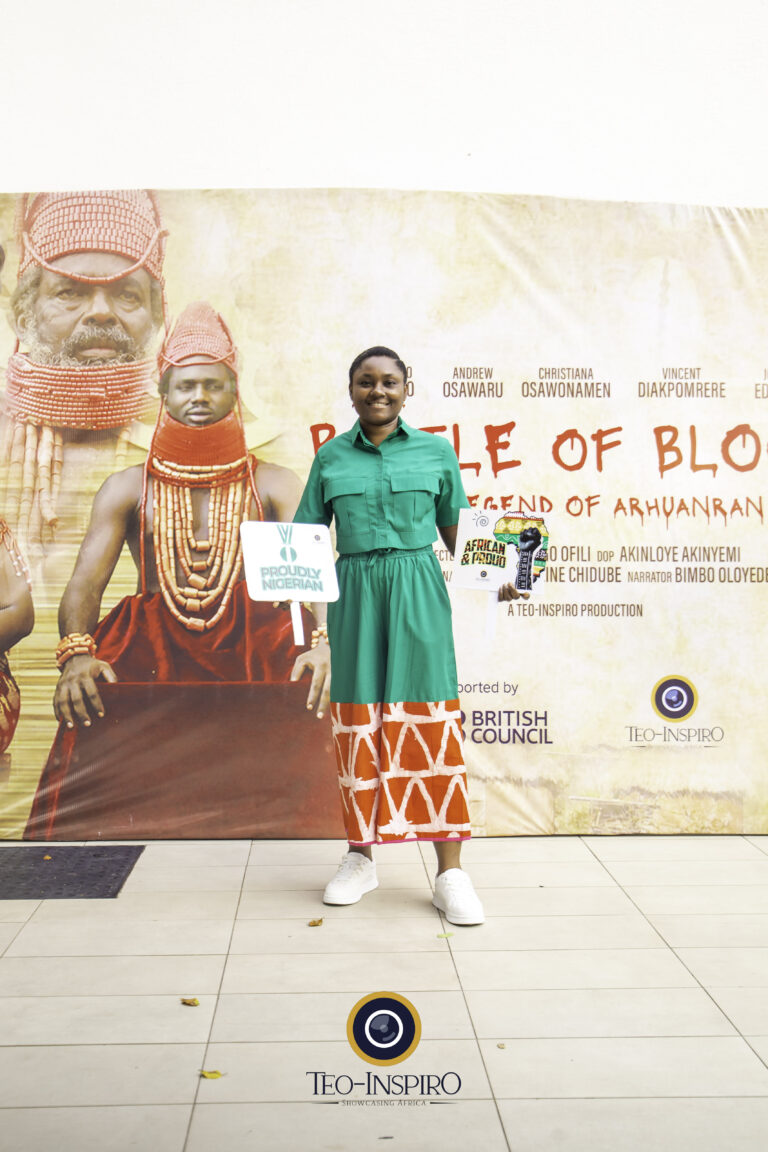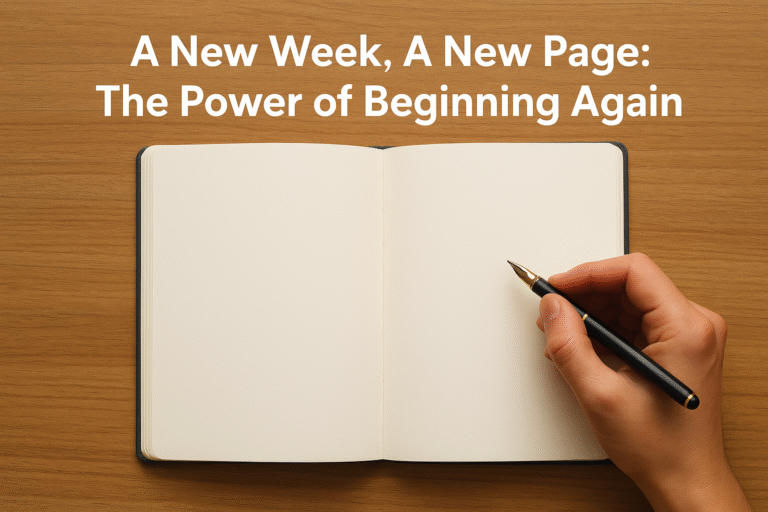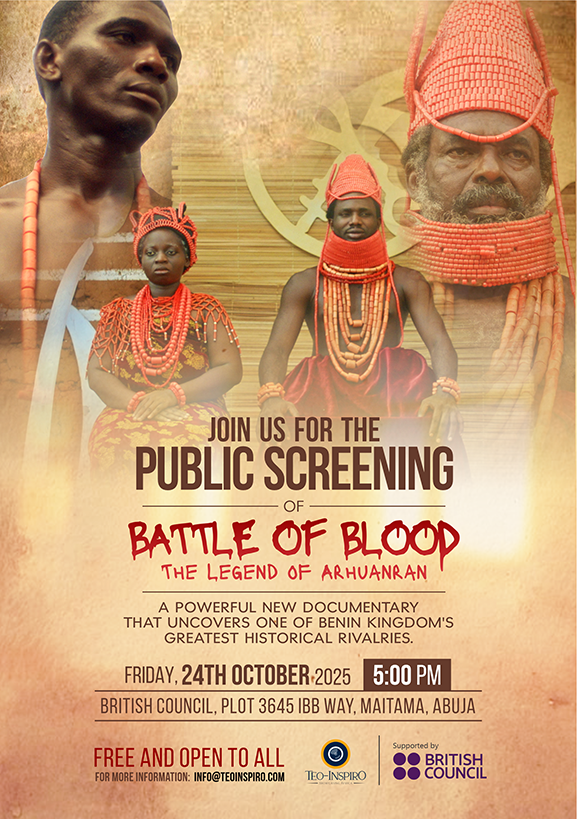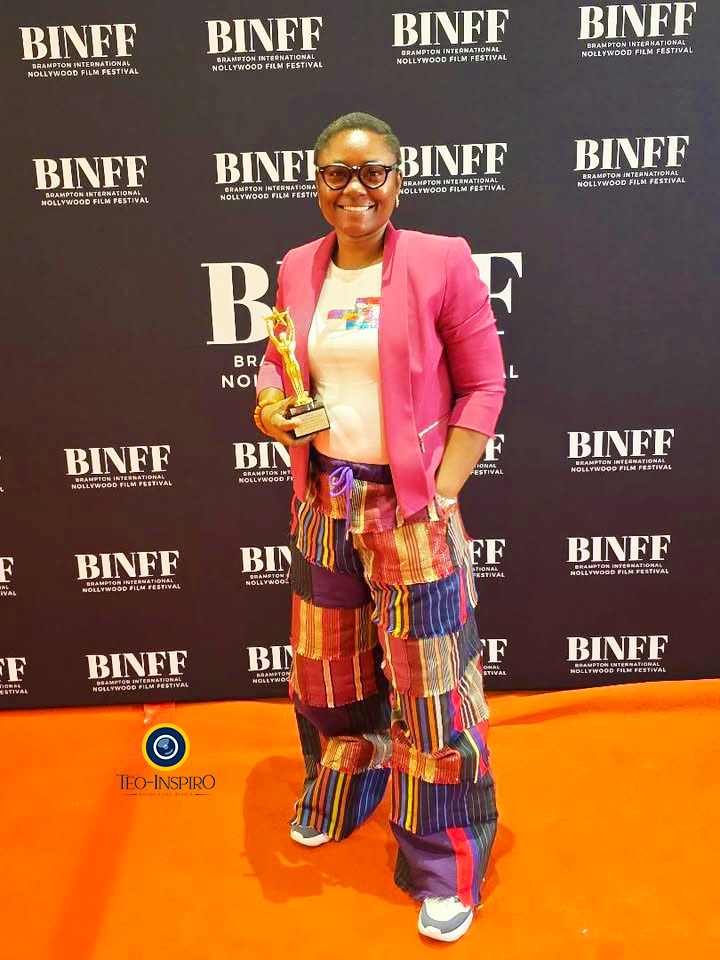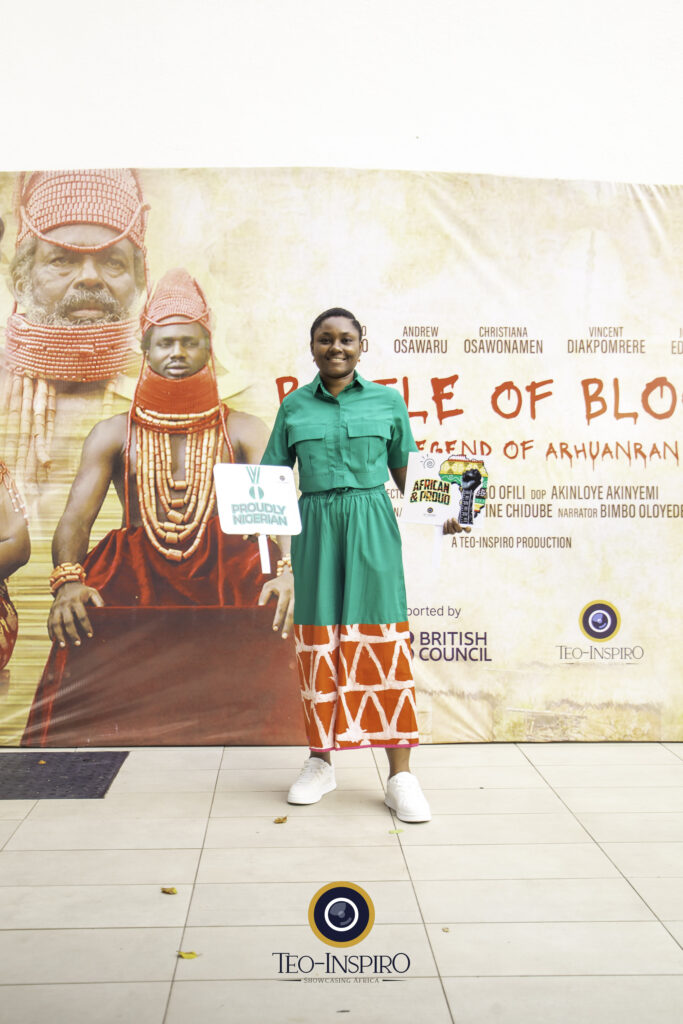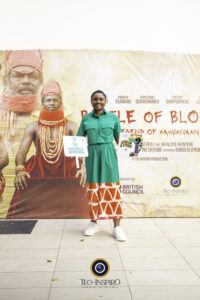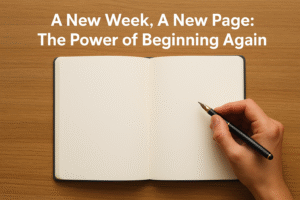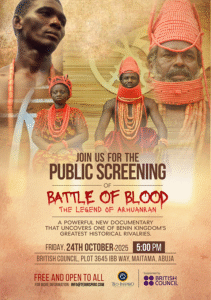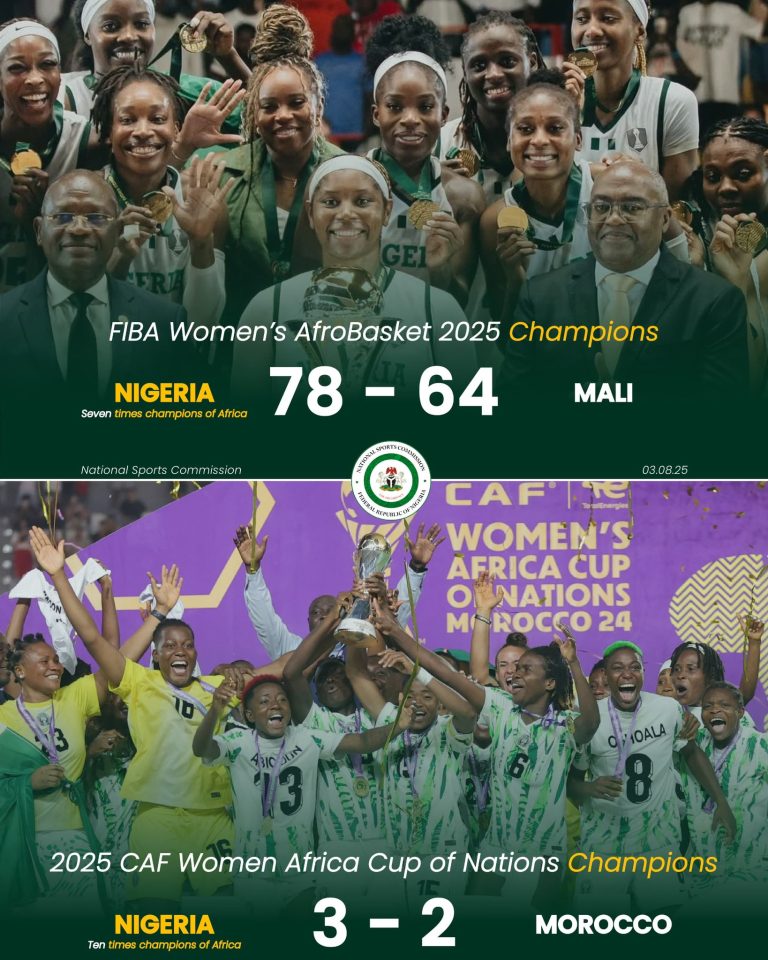One of the things I clearly loved about the movie “Lion Heart” was the way Genevieve Nnaji carried herself – the calm and grace. But the movie didn’t reach its potential – I expected the story to have some depth – for a movie bought by Netflix and with the ‘hype’ surrounding it, too.
The plot opens with Adaeze – played by Genevieve Nnaji (who I thought played the role of ‘Adaeze’ too safe), trying to resolve an issue involving a group of area boys protesting at the premises of Lion Heart, a transport company in Eastern Nigeria, which she manages to keep under control . An Idea, the writers have established to show how competent Adaeze is, and whose execution is a tad awkward.
Not long after this scene, her father (Pete Edochie), falls ill during a business meeting and has to leave his business, which is in trouble, in the hands of his brother, Ernest Obiagu played by Nkem Owoh.
Having worked for Lion Heart long enough to understand the business quite well, Adaeze believes she is supposed to be the successor not her uncle. Scenes which I think, are trying to give us some depth into how the ‘boy child’ in Igboland is placed way more importantly than the girl child follow. Although with very subtle feminist undertones, dealing with sexism as it concerns female competence and leadership.
For a movie centered on the idea of ‘family businesses’, the business related dialogue are far from excellent, shallow and unbelievable. Too shallow, as if they were avoiding talking about it, and when they did, Ernest seems to only make jokes; he lacked the very vigor of one who was there to take the company out of trouble.
One notable thing I love about the story line is how it wasn’t same cliché power tussle or rivalry between siblings with one of the siblings trying to connive on how to take over the company, a story line, which Nollywood panders to us often. And yet, though Ernest seemed a bit more comical for the role he played, the comic moments weren’t unforced, and were easy to chuckle to.
But in all, Lion Heart is a fun movie, a feel good one, mostly for the Igbos who could relate to all the Igbo slurs. The good portion of the dialogue in the move is in Igbo – with subtitles – a display of the rich Igbo culture, food and music, is everything authentic a proudly Igbo would appreciate.
The cinematography was so breathtaking, the angles depict Enugu so appropriately in ways we didn’t expect but really loved. Enugu in its glory, the shots displays green hills and red dusty roads, and captured the local feel and looks that made the movie worth our time.
One of the finest moments was the dinner scene, where the Obiagu family gathered to eat a variety of native delicacies communicating to each other fully in Igbo with no English in-between. A moment, so natural, unforgettable and authentic it leaves one proud of his/her Igbo identity.
There were also forgettable moments, like when the Igbo Pop stars – Phyno and Psquare – make appearances in the movie – their acting was so bland.
Lion heart easily could have been everything we wanted it to be, but it wasn’t; more work should have been done with the screenplay, the villains weren’t quite formed, the dialogues were more generic and the story lacked a little more depth. It didn’t quite reach its potential, the way I had imagined and expected Lion Heart to turn out to be – for a first Nollywood movie, globally praised and bought by Netflix. I hope Genevieve, cares to get better in her next movie.

